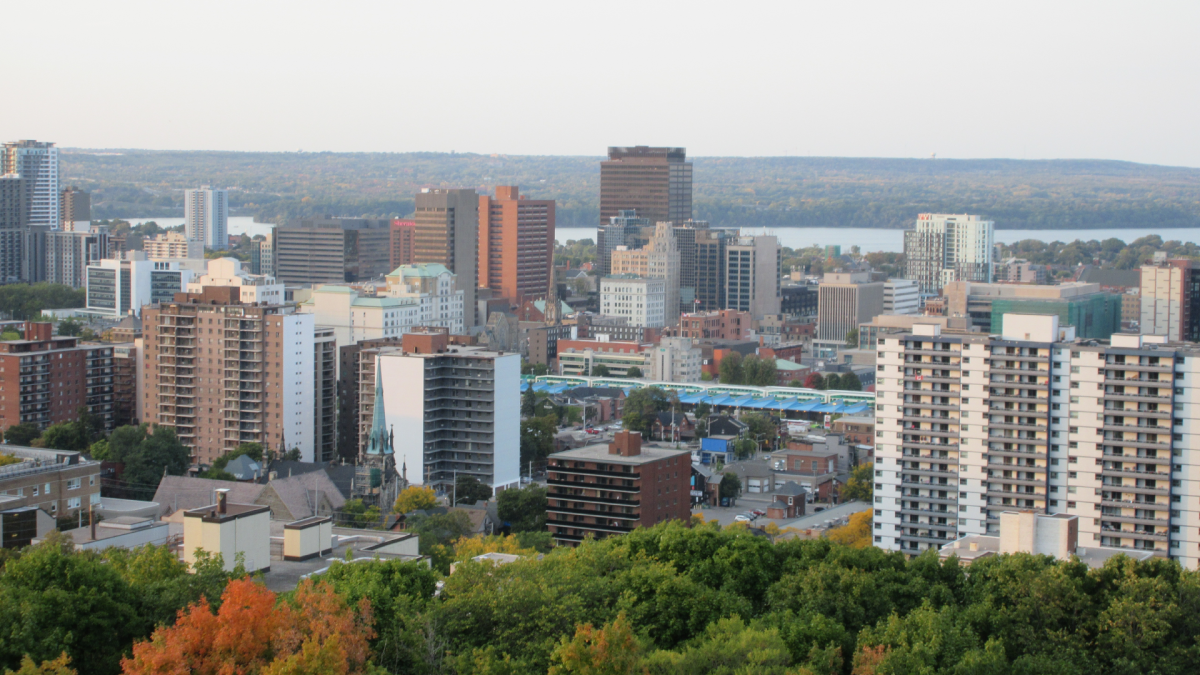A new survey from a grassroots campaign highlighting the good and bad of Hamilton’s leadership is suggesting the city does have a “crisis” in authority, however residents appear to be okay with what they have.

The 24-question iELECT survey featuring 23 statements on Hamilton’s infrastructure, economy, leadership, environment, community and transportation garnered over 2,000 respondents over three months and buy and large showed “strong levels of dissatisfaction” with those in charge.
“Particularly stark results include the strong dissatisfaction with the lack of affordable housing, on the lack of attention to and action on protecting the environment, as well as a significant level of dissatisfaction with a lack of transparency, accountability, and openness from municipal leaders,” Dr. Ameil Joseph of McMaster University said in statement amid the release of the examination.
The 62-page report showed a whopping 92 per cent of respondents did their due diligence and voted in the 2018 election.
The potentially sobering news for the city’s current politicians might be how many of those voters, 76 per cent, were not satisfied in all six areas they responded to.
iELECT co-founder Graham Crawford told 900 CHML’s Bill Kelly Show the unhappiness with city governance was fairly consistent across all 15 wards with no real “hot spots.”
The ‘Leadership’ category is where the city’s brain trust took the biggest beating, with over 90 per cent of respondents unhappy with transparency, accountability and how their tax dollars have been spent.
Of the few positive responses in the study, residents were fine with the city’s ‘Infrastructure’, giving more than passing grades in year-round maintenance, street safety and condition of parks, roads and sidewalks.
“They’re more satisfied or most satisfied, relatively-speaking, with the hard stuff — the roads, parks and sidewalks,” said Crawford.
“People feel a lot better about that than they do about the quality of leadership.”
Crawford admits residents in wards 1, 2 and 3 are attributed to the bulk of all responses in the survey, 50 per cent.
Ward 1 (Chedoke-Cootes area) had most of the 2,000-plus in the survey, 15.39 per cent.
Ward 9 (Upper Stoney Creek) had the least number with just 1.94 per cent.
However, he says the methodology is similar to what city staff typically use in their public surveys.
“If you go online and you fill it in, this is exactly the same methodology that was used for the snow clearing,” Crawford said.
The average of all topics showed Ward 2 Downtown respondents represented the least satisfied in the city, with 81 per cent generally dissatisfied.
Ward 11 had the highest satisfaction numbers, with 34 per cent giving generally positive answers in the survey.
Respondents from Ward 11 (Glanbrook) represented the best turnout of city voters in the 2018 election, 96.56 per cent. Ward 3 (Hamilton Centre) had the lowest at 88.28 per cent.
Crawford says the message is generally that people appear to be OK with the things city funds are spent on in terms of infrastructure, but not the quality of decisions, innovation and the extent to which council in general listens to the needs and opinions of others.
“They see this stuff in their neighbourhood, their 10-block radius and they’re pretty content with that, but they don’t like the tax bill they get every year,” Crawford said.
“I mean, who do you blame for that or who do you hold accountable for that? I think you hold your leaders accountable for that.”
More than 1,000 respondents also provided written comments, which is set to make up a much more in-depth second report from iELECT and it’s partnership with McMaster’s Research Shop.
“So they’re going to do a deep dive because we have postal codes for every single respondent, so we can do this by neighbourhood,” said Crawford
McMaster associate professor of political science Peter Graefe says he’s a bit surprised 2,000 people would fill out the survey but not so much that respondents have taken the viewpoint that there’s a “crisis” in the city.
Graefe suggests the survey might be an indication that there are more pro-active groups, like iELECT, wanting change in council compared to past electoral cycles.
He went on to say recent occurrences like the handling of a 24 billion litre sewage spill or integrity commissioner probe involving a Mountain councillor probably are not helping.
“I think there’s a cumulating sense that city councillors are just comfortable with the way they are doing things and that probably has negative long-term impacts.”
iELECT is hoping residents will read and take to heart survey results ahead of the October 2022 municipal election, potentially voting in a crop of new candidates for council positions.
“So that for those who do decide to go and cast their votes, they cast knowledgeable votes, not just … votes based on … familiarity of an incumbent,” Crawford said.












Comments